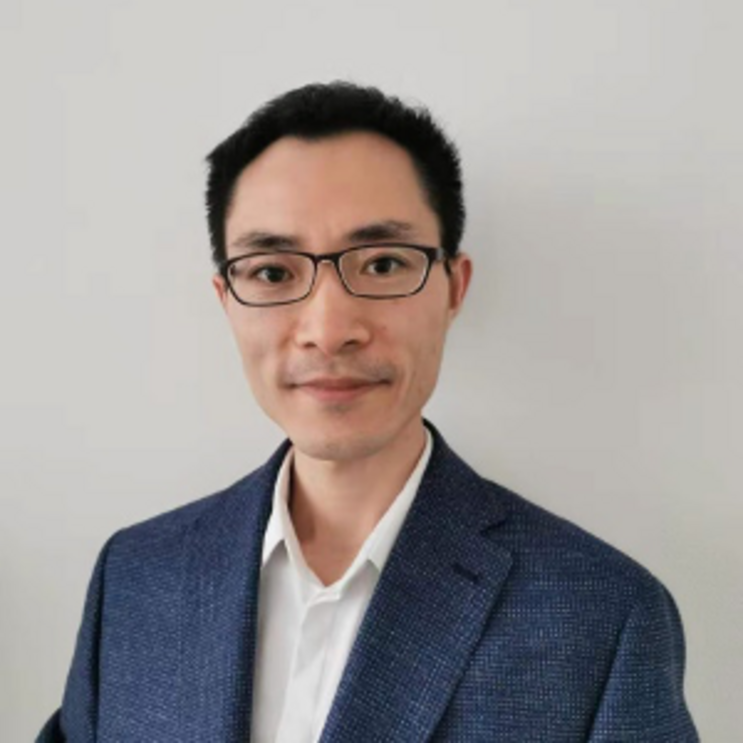Biography
Dr. Zheng received his B.S., M.S. and Ph.D. Degrees from Central South University in 2008, 2011 and 2015, respectively. He then joined the University of Zurich as a postdoctoral researcher in 2016. During his postdoctoral training, he was awarded two grants by the URPP Evolution and the Forschungskredit of the University of Zurich, respectively. He will join Westlake University as an assistant professor in fall 2021. His group focuses primarily on protein evolution and protein engineering and is also broadly interested in addressing fundamental questions in evolutionary biology.
Research
Our research mainly focuses on the following two principal areas:
I. Protein evolution
A central question in evolutionary biology is how proteins evolve. The space of all possible protein sequences is astronomically large, and we still know very little about how proteins evolve through this space. Deciphering protein evolution can not only help us find explanations of the origin and evolution of life and biodiversity but also help us predict how climate change affects life on earth. Besides, studying protein evolution can provide basic principles for designing, modifying and evolving proteins with desired functions and properties.
Current interests in the lab include but are not limited to: (a) deciphering protein fitness landscapes and studying their effects on protein evolution; (b) how foldability and stability affect protein evolvability; (c) how physical environments affect protein evolution; (d) how genetic code reduction and expansion affect protein evolution; (d) how functional proteins evolve from random protein sequences; (e) whether and how proteins evolve to harness quantum mechanics to perform their functions.
II. Protein engineering
Understanding protein evolution enables us to develop new strategies to engineer robust proteins that can meet industry requirements and serve as building blocks for synthetic biology. Specifically, our main focus lies on the following research directions: (a) developing robust enzymes/biological parts; (b) developing proteins with new or enhanced properties through genetic code expansion and post-translational modification; (c) developing extremophilic enzymes to meet some special industry requirements; (d) developing enzymes for non-aqueous catalysis.
Representative Publications
1. Jia Zheng, Ning Guo, Andreas Wagner, 2020. Selection enhances protein evolvability by increasing mutational robustness and foldability. Science, 370 (6521): eabb5962
2. Jia Zheng, Joshua L. Payne, Andreas Wagner, 2019. Cryptic genetic variation accelerates adaptive evolution by opening access to diverse adaptive peaks. Science, 365(6451):347–353
Contact Us
Email:zhengjia@westlake.edu.cn
Available positions
We are seeking highly motivated postdoctoral fellows, research assistants, and graduate students to join our group. We also welcome outstanding researchers to join us as research assistant/associate professors.
Westlake University provides a stimulating, world-class environment for research and education. We offer internationally competitive salaries and allowances. Researchers in the lab are free to develop their own projects in evolutionary biology and protein engineering. We will help each member develop her/his career plan based on research interests.
If you are interested in joining us, please send a motivation letter and your CV to zhengjia@westlake.edu.cn!
